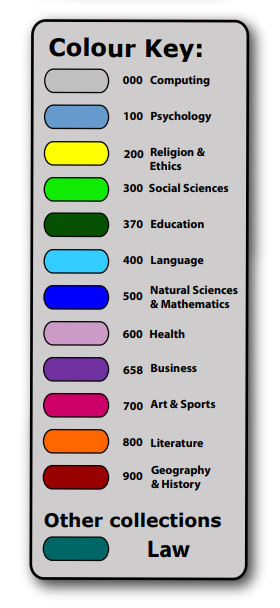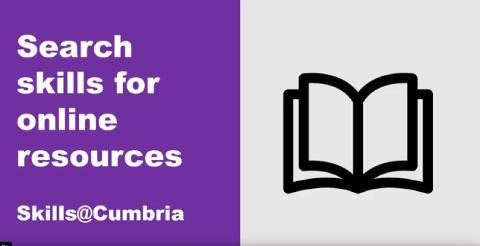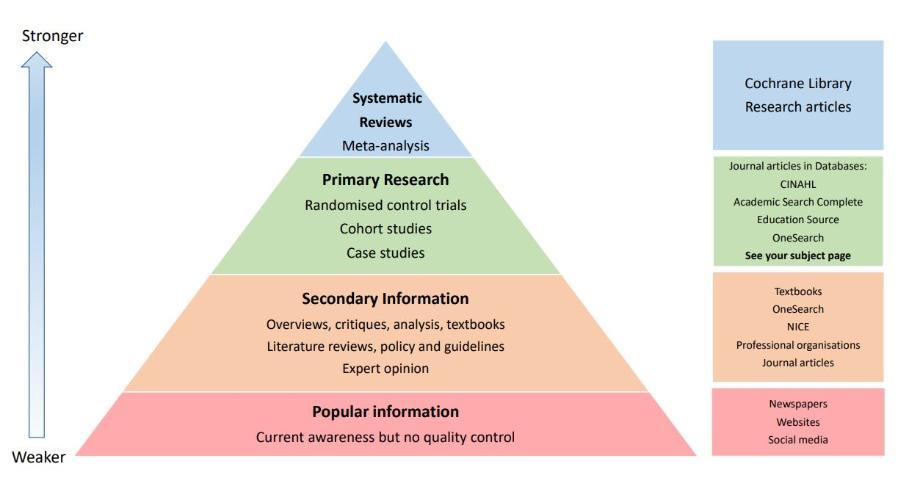Key Resources
Your lecturers will look for evidence that you have read widely on your subject from a variety of sources. A glance at your reference list will reveal the range and quality of the sources you have used, but also whether you've been drawing ideas from a range of source types. This is because books, journal articles and websites serve different purposes in the world of academic literature as they each treat the subject matter differently in terms of scope, depth and focus.
| Source type | Using these sources in your assignment |
|---|---|
| Books | Books are your starting point when reading about a new topic. They tend to give you an overview of the subject and introduce you to key theories, concepts and background information. This gives you the grounding in the topic area to aid you when you read source types that are more in-depth. Always look for the most recent edition to ensure you're using up-to-date content. Check your reading lists for the essential texts you should consult as well as suggested further reading. |
| Journals |
Journal articles are the primary form of scholarly and research communication. Articles will contains research reports or critical commentary on current issues in the field. As such, journal articles aid your critical analysis by providing research evidence or introducing you to a range of perspectives or angles on your topic. Most academic journal articles will have been subject to a peer review where experts in the field scrutinise the quality of the article before it's accepted for publication. Authors of journal articles tend to assume you have some prior knowledge of the subject matter and will analyse topics in much greater depth than you will find in books. Watch this video to learn more about journals and their use in assignments. |
| Websites | Be wary of using websites that would not be deemed suitable for use in university assignments such as commercial sites (.com or .co.uk) or those aimed at non-specialist audiences. To help you know what to look for when evaluating websites, use a tool such as REVIEW.pdf to check the reliability and suitability of online content. Websites you might use include government departments or professional associations that will give you access to policy, guidelines, reports and other types of information. Your Library Subject Page includes a list of reputable websites in your field. |

 When reading around your subject, it's really important to use academic-level resources and not just websites you've found through Google. All of your reference lists should show that you have drawn information and ideas from a range of sources including books, journal articles and appropriate websites.
When reading around your subject, it's really important to use academic-level resources and not just websites you've found through Google. All of your reference lists should show that you have drawn information and ideas from a range of sources including books, journal articles and appropriate websites.
